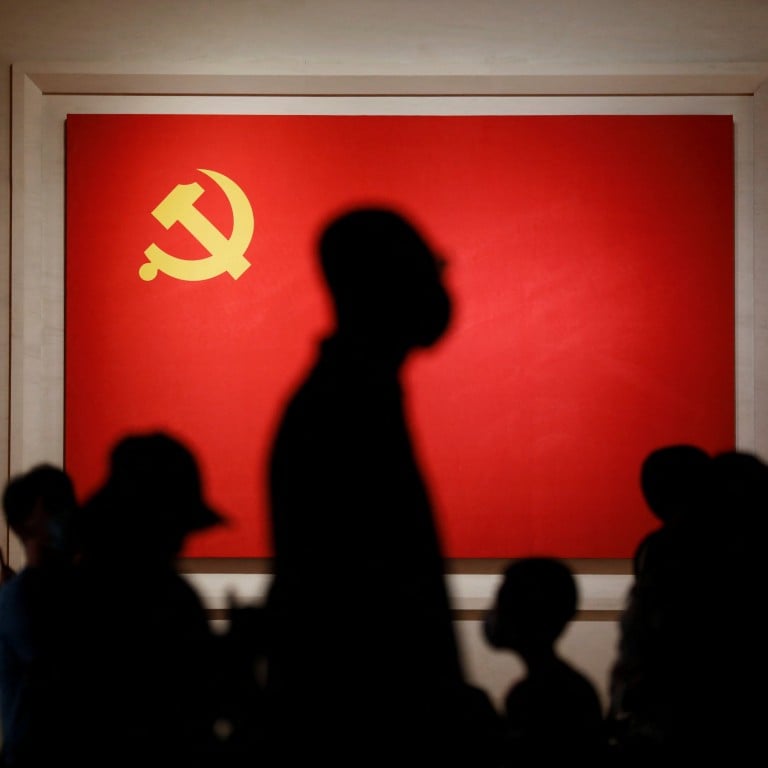
China’s top anti-corruption watchdog slams county-level inspectors for not being strict enough in close circles
- ‘Not one county-level cadre detained in more than a quarter of counties each year’, according to article in CCDI magazine by case supervision office
- More direct supervision of county-level cases by higher bodies needed to check ‘circle of acquaintances’ effect, article says
Moreover, the detention of most county-level officials for corruption involved assigned cases from their superiors, according to the party’s highest supervisory body.
“There was not one county-level cadre detained in more than a quarter of the counties around China each year,” the article said, slamming a lack of emphasis on corruption cases that “take place among the people”.
It also called for more direct supervision of corruption cases by higher bodies to offset the presence of “circles of acquaintances” in most counties – referring to the risk of probes being undermined by personal familiarity between the accused and investigating officers.
The call comes as Beijing seeks to keep up the pressure on party ranks, with President Xi Jinping’s anti-corruption campaign entering a second decade.
China’s corruption watchdog zeroes in on cadres’ fake business investments
It represented an increase of 40 per cent in senior-level investigations compared with 2022, when 32 such probes were launched.
The article also called for further strengthening the party’s internal supervision system and tightening the grip on power at the county level – the lowest local level at which the CCDI operates.
The article, attributed to the CCDI’s case supervision office, was published in the magazine’s March 15 issue.
“We must improve our mechanism, make up for our weaknesses and provide an institutional guarantee for the efficient implementation of disciplinary work,” the article said.
To that end, the CCDI pledged to draft new rules on the recruitment of guards that help with disciplinary detention, saying the current team was “understaffed” and “unprofessional”.
Guards assisting with disciplinary probes are government contractors who work at facilities used by CCDI inspectors, but little is known about the size of the team.
In a rare disclosure, Dancheng county in northern Hebei province issued a recruitment notice in February for 130 contractors to work as detention guards, saying retired army or police veterans would be given priority.
In its article, the CCDI also pledged to create new rules for medical support at these facilities.
The law also established the National Supervisory Commission and its local branches, which can exercise these special detention powers.
The CCDI has branded disciplinary detention as “an important legal measure in the battle against corruption”.
In an article last year, it said such detention was usually deployed in complex cases, including for suspects posing a flight or suicide risk, or those likely to destroy evidence.

.jpg?itok=H5_PTCSf&v=1700020945)